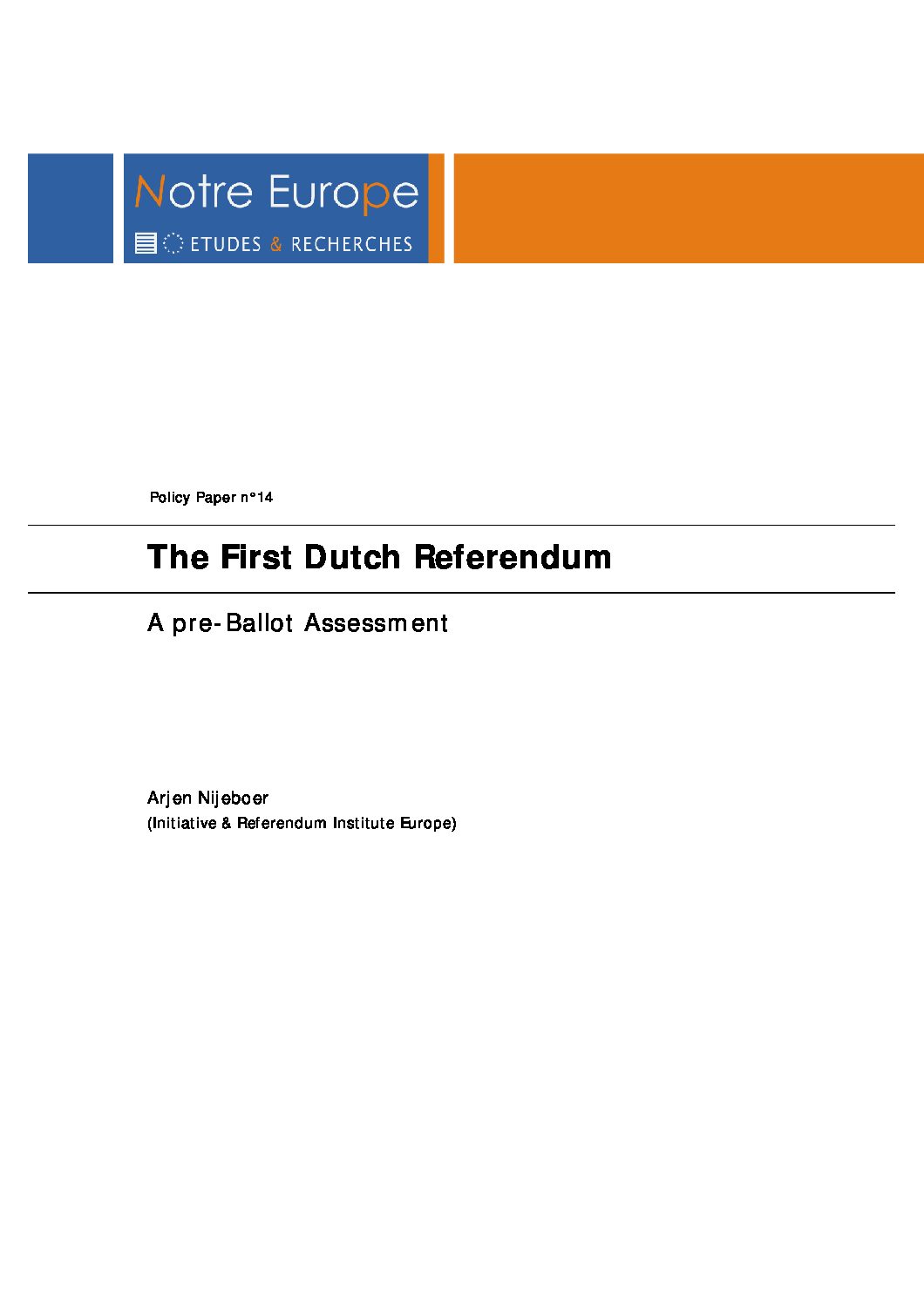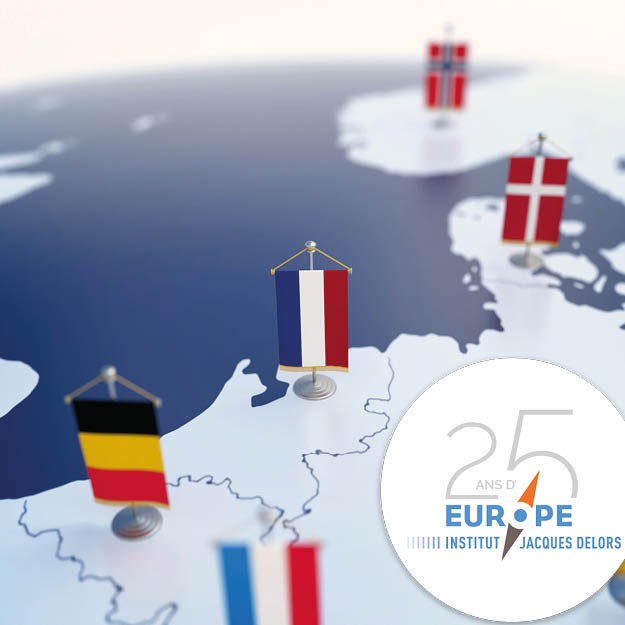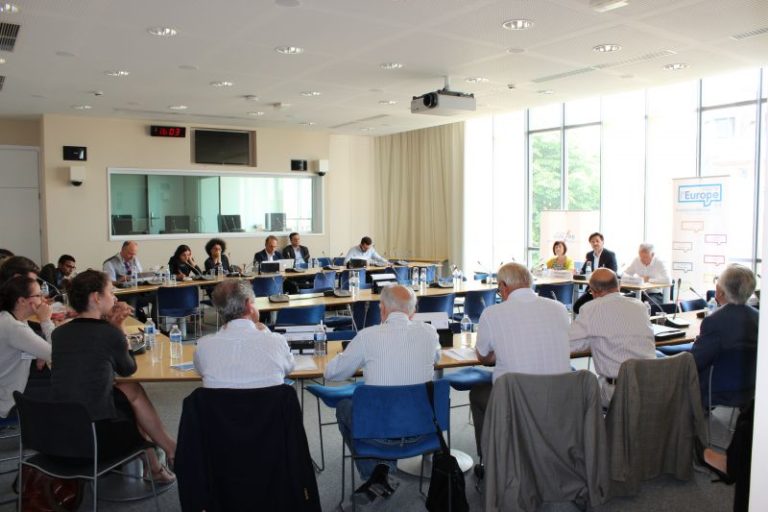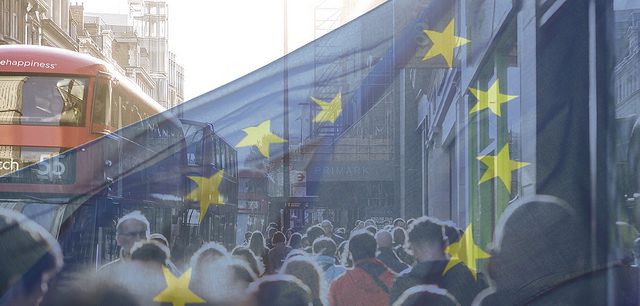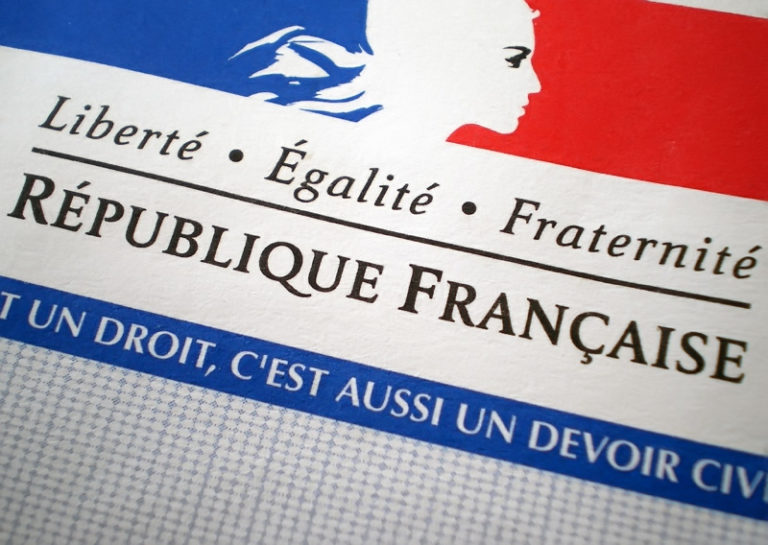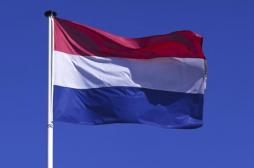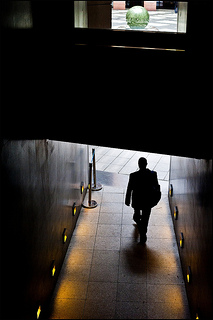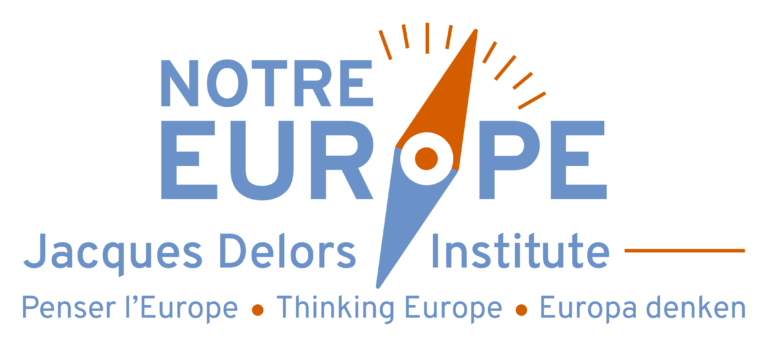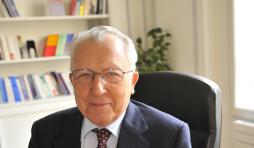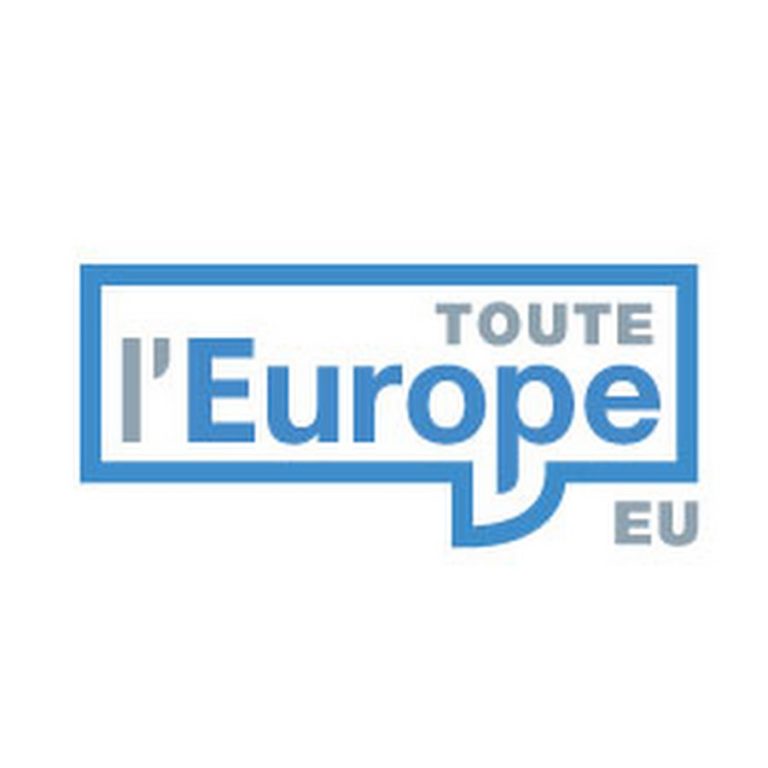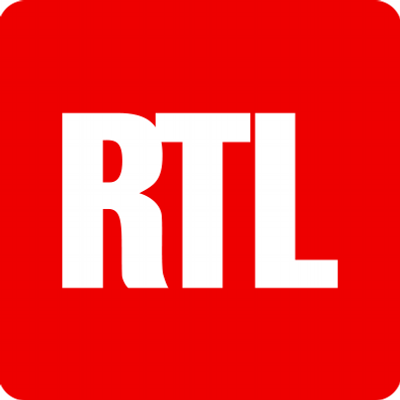Policy Paper 14
The First Dutch Referendum: a pre-ballot assessment
In many regards, the analysis of the Dutch referendum campaign by Arjen Nijeboer, both an observer and an actor in this campaign, underlines the closeness between the French and the Dutch political situations.
First similarity: the credibility crisis that both systems are going through. In both countries the political parties were unable to address the growing dissatisfaction of the society: the end of the economic miracle as well as the reshaping of the society’s pillar structure in the Netherlands and the political distrust and the lack of economic growth for France. From this comes a second similarity, namely the deep evolution of electoral behaviours. Increasing turnout, attraction by the extremes and populist speeches have strongly influenced the political spheres and even modified the way traditional parties act and represent their electorate. Third and last similarity: this context has a negative influence on the European referendum. The themes of a bureaucratised Europe, of a sanctioning vote against the government and of an overall loss of purchasing power following the entrance of the Euro are very popular, which forces the proponents of the Constitutional Treaty to be on the defensive side.
This proximity between both countries should not lead to the conclusion that the opposition to the Treaty is the same everywhere. Although there are some common arguments (such as the European identity and the Turkish membership, the loss of national sovereignty, criticisms towards the eurocrats of Brussels), the Dutch and French campaigns are different for three reasons. First, a growing European cleavage between the “small” and the “big”countries: while most of the French opponents demand a stronger French leadership in the EU, their Dutch counterparts are worried about their country’s potential loss of influence if the Constitutional Treaty is adopted. The second difference lies in the Dutch status of net-contributor. Even though France recently acquired this status too, the sensitivity on this issue is much stronger in the Netherlands. Indeed, following the economic slow-down, this question has become central (most notably for people like Geert Wilders) and, as a question of national pride, fuels the anti-integration type of opposition. Last difference: the substance of the alter-Europe opposition. Whereas in France the main opponents ask for stronger integration, if needed would be implemented by various speeds of integration between countries, the Dutch proponents of an “alter-Europe” imagine a Europe less interventionist and more respectful of national traditions. This is the position of the Socialist Party (not to be confused with the social-democrat party PvdA) as well as the populist right.
The value of Arjen Nijeboer’s research lies not only in its ability to analyse the Dutch referendum campaign in an exhaustive manner but also in its ability to bring answers to the ones that predict a “grand soir”or a “salutary crisis” if France opposes the Constitutional Treaty. It also emphasises the European responsibility of the French electors when voting on May 29th. By doing so, they will either send a positive message to other European citizens to continue the path of the integration that started fifty years ago, or they will show their aspirations for another Europe. However, in this last scenario, it is not sure that the message sent would be interpreted the same way everywhere.
SUR LE MÊME THÈME
ON THE SAME THEME
PUBLICATIONS
Is the Netherlands playing in the big league?

FRUGAL MEMBER STATES VS. THE EU:
NOT TOO MUCH PLEASE

European Democracy: What Are the Next Challenges

National Referendums on EU Issues: from Clarification to Frustration

The EU and referenda: three denials of democracy

The EU and referenda: structural incompatibility?

The EU and referenda on independence: a leap in the dark?

How to Explain the Unexpected: An Assessment of the French Constitutional Referendum

The Netherlands 2004 presidency of the EU
Constitutional referendum in France: a mid-term assessment

Letter to our European friends who want to Vote not

Landscape after the battle

The Impact of the Television Media on the French Referendum Campaign in 2005

Reaction of Pepper D. Culpepper and Archon Fung to Andrew Moravcsik’s article on the collapse of the Constitutional treaty

Reaction of Paul Magnette to Andrew Moravcsik’s article on the collapse of the Constitutional treaty

Reaction of James Fishkin to Andrew Moravcsik’s article on the collapse of the Constitutional treaty

Can you imagine a referendum to European level and under what conditions?

Referenda in other countries: the case of Spain

Democratising European Democracy

The European Constitution and deliberation: the Example of deliberative focus groups ahead of the French Referendum of 29 May 2005

The French “no” vote of 29 May 2005: understand, act

Securing a “Yes”: from Nice I to Nice II

“The Constitution, a step forward for the European Union” intervention by Jacques Delors

Ratification and Revision of the Consitutional Treaty

MÉDIAS
MEDIAS
Pologne, Slovaquie, Pays-Bas : ces élections qui ont bouleversé le paysage politique européen

La percée historique des populistes aux Pays-Bas

L’extrême droite poursuit son avancée dans un contexte anxiogène










